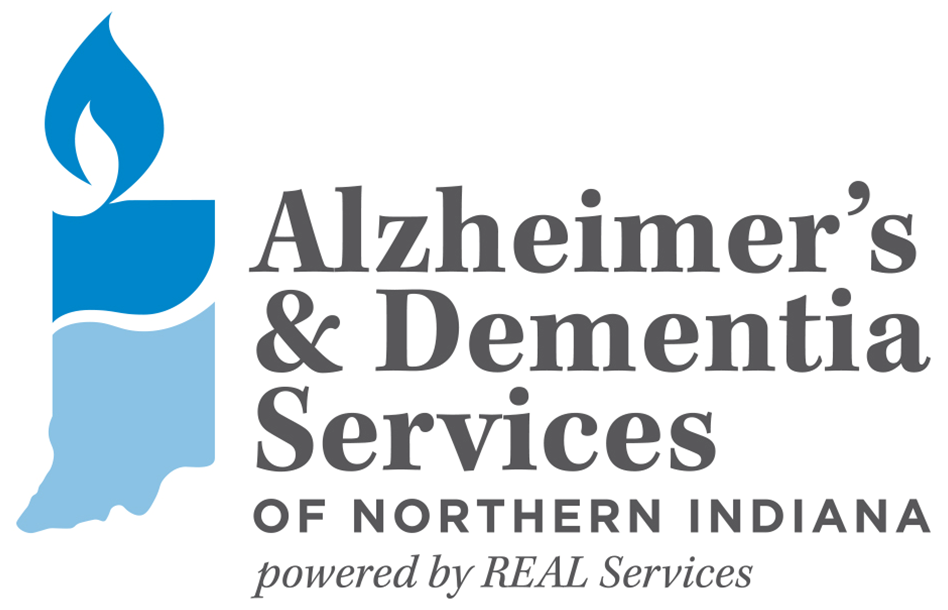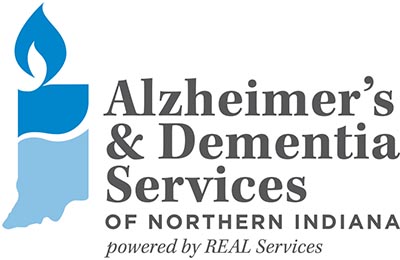Diagnosis and Treatment of Alzheimer’s Disease
How is Alzheimer’s Disease Diagnosed?
Currently, there is no one clinical test that can determine whether a person has Alzheimer’s disease. There seems to be some hope on the horizon that a test will be developed in the future. Many conditions exist which exhibit similar symptoms to Alzheimer’s; some are treatable and reversible, some are not. Several tests must be performed to rule out any of the conditions or diseases that can be clinically diagnosed. At this point, the only definitive test for Alzheimer’s disease is examination of brain tissue obtained from biopsy or autopsy. Biopsy is almost never done. The usual course is diagnosis at autopsy. There is an accepted criteria established by the NINCDS Work Group (National Institute of Neurological and Communicative Disorders) that is widely used. Following this criteria, the results are considered about 90% accurate and involve the following:
- A DETAILED MEDICAL AND SOCIAL HISTORY because of the wide range of possible causes of dementia, a detailed history is exceptionally important. It may be obtained from the patient (if possible), from the best informed relative or acquaintance available, and/or from past medical records. Also, a careful history of events that have affected the patient’s emotional status is important to have. Special attention should be given to whether onset of symptoms was gradual or sudden.
- MEDICATION INVENTORY because a complete inventory of prescription and over-the-counter drugs is necessary. Drugs and the interaction of drugs may cause dementia-like symptoms. A urine screen may be indicated to determine the presence of some drugs.
- HISTORY OF SUBSTANCE ABUSE OR MISUSE/INTOXICATION can be the cause of usual behavior or may complicate the problems associated with a dementing disorder or condition.
- A COMPLETE PHYSICAL EXAMINATION should be thorough since diseases present in many organs systems may cause dementia or delirium. Special emphasis and attention should be given to the neurological examination.
- A MENTAL STATUS EXAMINATION includes an evaluation of level of consciousness; attention; orientation; short-term memory; long-term memory; language ability (including naming, repeating, understanding, reading, writing); ability to draw of copy; calculating ability; manipulation of knowledge (as in proverb interpretation or identifying similarities between words); affect; stream and content of thought; judgment.
- LABORATORY TESTS AND SCREENING with the following included: complete blood cell count; electrolyte panel; screening metabolic panel; thyroid gland function tests; vitamin B-12 and folate levels; tests for syphilis and, depending upon history, for human immunodeficiency antibodies; urinalysis; electrodardiogram (ECG); chest roentgenagram. Some type of brain scan – Computerized Tomography (CT) or Magnetic Resonance Imaging (MRI), and an electroencephalograph (EEG). A lumbar puncture may also be indicated.
- PSYCHIATRIC ASSESSMENT evaluation may be indicated especially if there is a significant history of depression or other psychiatric illnesses. Depression may be so severe that it produces a true cognitive deficit that is reversible with successful treatment. Depression commonly is present with other causes of dementia, especially Alzheimer’s disease.
Diagnosis Specialists
For information on how to contact each of the above in your area, contact our toll-free Helpline, 888-303-0180.
Neurologist
- Does neurological testing (CT-Scan or MRI)
Neuropsychologist
- Tests memory, language, reasoning and arithmetic skills
Psychiatrist
- Assesses for depression/other psychiatric disorders
- Manages medications
Internist/Geriatrician
- Does complete physical exam
- Acts as primary care physician
What Are the Benefits of Early Diagnosis?
- To treat reversible causes early in their course and prevent inappropriate treatment
- Medications most effective when started early and in early stages
- A starting point for acceptance and discussion
- Disease education minimizes the stress of “unknown”
- Disease education and strategies teach families how to better respond to a person’s needs and changes throughout
- Patients can be offered participation in drug trials
- Allows AD person and family to plan for the future and address legal, financial, and family matters
- Allows AD person and family to maximize life opportunities (e.g., take that vacation they’ve been saving for)
- Allows AD person and family to address safety issues

